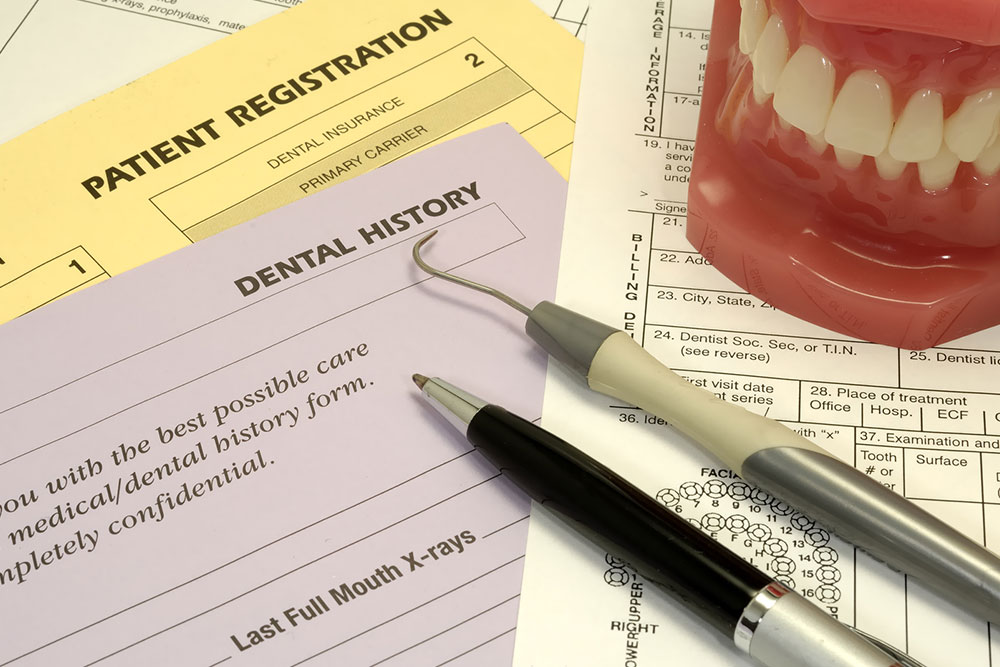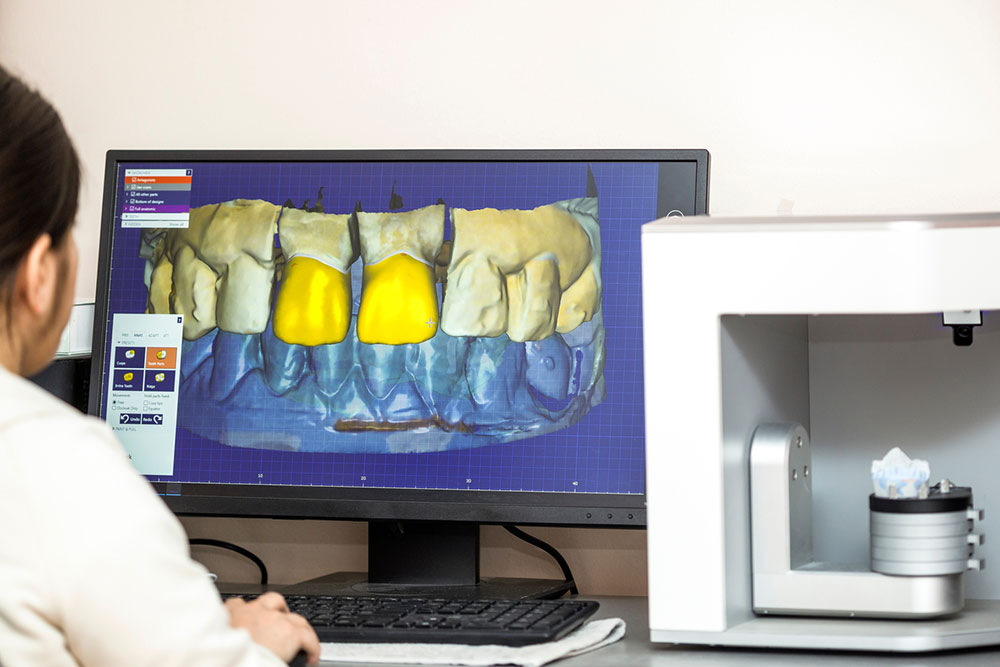4 mistakes to avoid when choosing a dental plan
Dental care can be expensive. Whether it is a routine procedure or an emergency, the bills can go higher than expected. A dental plan can be useful in such situations. Since most dental plans cover the cost of nearly every routine care, like fillings, cleanings, and exams, one can save substantially. However, the insurance benefits can make a difference only when one picks the right plan and avoids these mistakes when choosing a dental plan. Selecting plans with lower rates Rates do play a crucial role when choosing a dental plan. But it is equally important to check what all is covered at that rate. A dental plan with a low premium rate may cost relatively less in terms of how much one ends up paying to buy the coverage. But, the coverage may not include complex dental procedures such as braces, implants, and bridges, which are often quite expensive. So, one may end up footing the bill out-of-pocket. Moreover, despite the low rate, the dental plan may not be of much use. So, avoid the mistake of only looking into plans that have low premiums. Not knowing how dental plan discounts are calculated Many dental insurance providers often show a dental discount rate in their plans.
Read More 









